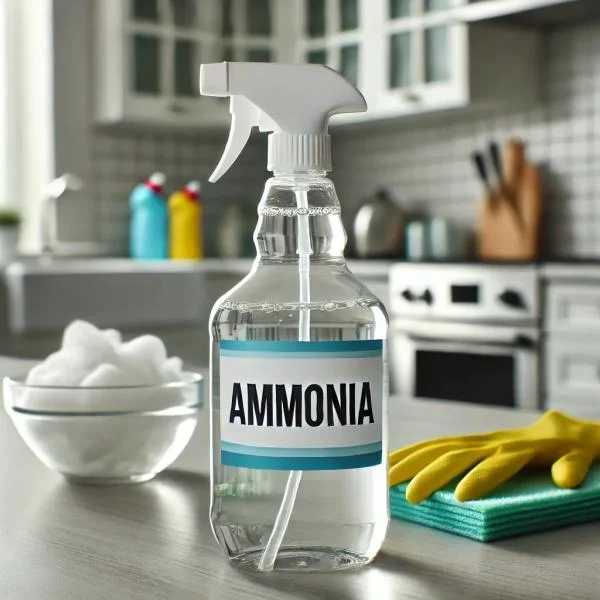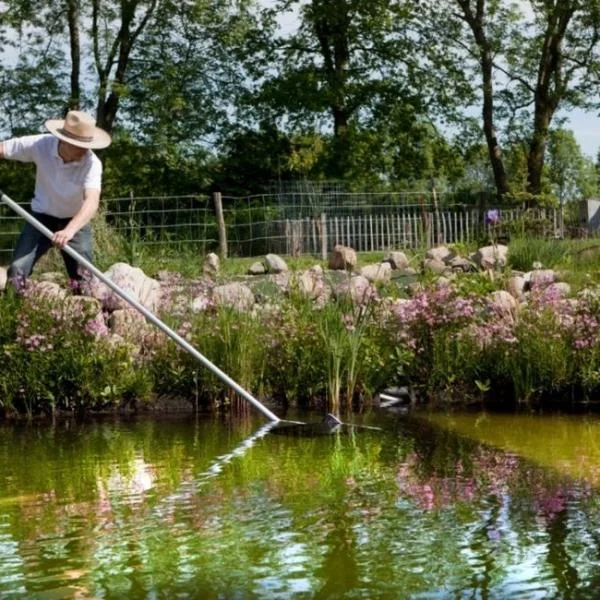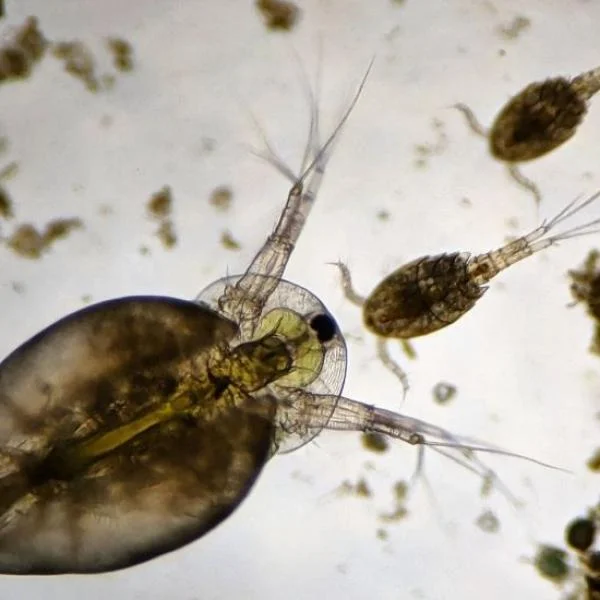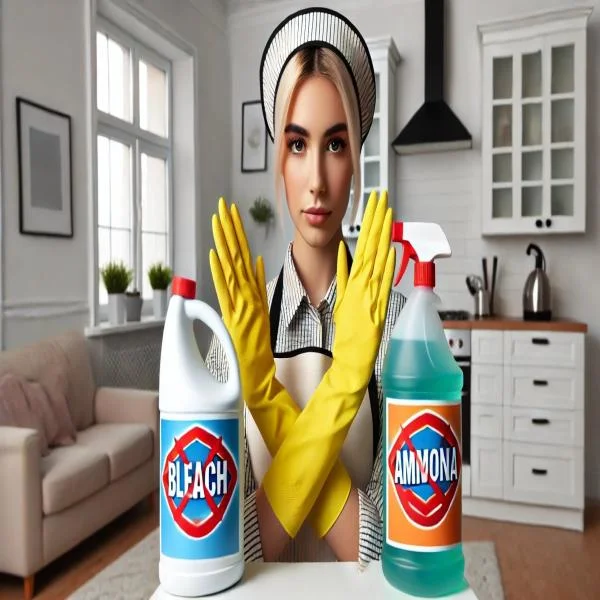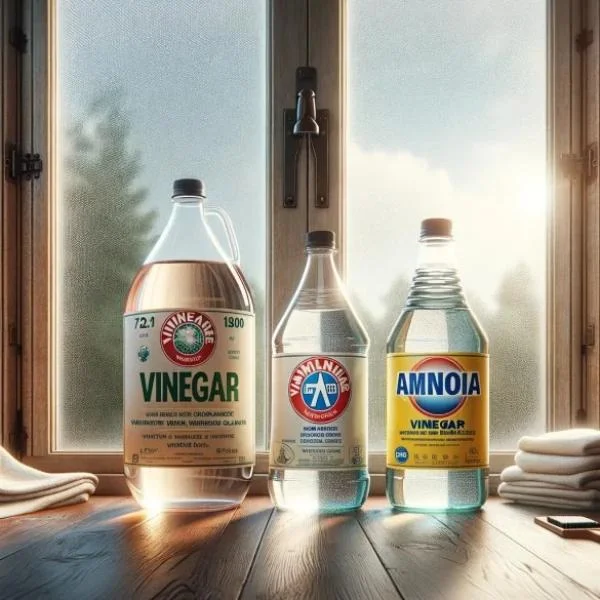
Limescale is a common problem that affects many households, especially in areas with hard water. This buildup of calcium carbonate can lead to various issues, including reduced efficiency of appliances and potential damage to plumbing systems. In this article, we'll explore the causes of limescale, its effects on your home, and the best ways to prevent and remove it.
What is Limescale?
Limescale is a chalky, white substance that forms when hard water, which contains high levels of minerals like calcium and magnesium, is heated or evaporates. These minerals precipitate out of the water and accumulate on surfaces, creating the familiar crusty deposits we often see in kettles, water heaters, and pipes. Limescale is especially common in areas with hard water, which affects about 85% of the United States.
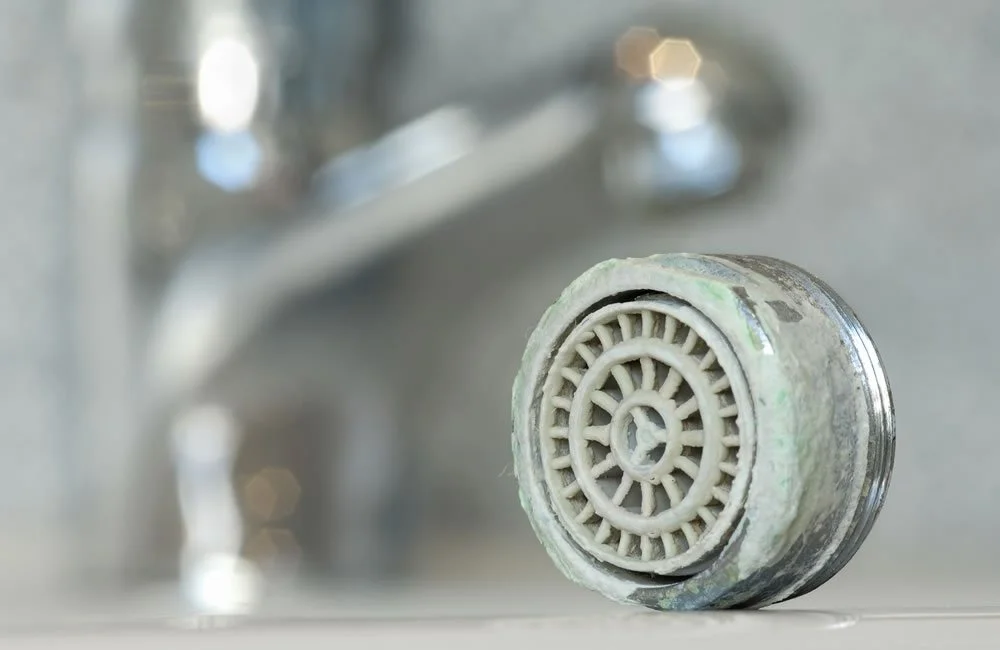
Causes of Limescale
The main cause of limescale buildup is the presence of hard water in your home. Hard water contains higher-than-normal levels of dissolved calcium and magnesium. When water evaporates or is heated, these minerals separate from the water and form solid deposits. Appliances that frequently come into contact with hard water, such as dishwashers, washing machines, and kettles, are particularly vulnerable to limescale formation. Water that passes through boilers, showers, and taps also tends to leave limescale behind.
Effects of Limescale on Your Home
Limescale might seem like a minor issue, but over time, it can cause significant problems in your home. These include:
Reduced Efficiency of Appliances
Limescale deposits can reduce the efficiency of appliances that rely on heating elements, such as kettles, coffee makers, and water heaters. This is because the limescale insulates the heating elements, making them work harder to heat the water, which increases energy consumption and can shorten the lifespan of the appliance.
Clogged Pipes and Plumbing
Limescale can also accumulate inside pipes, reducing the water flow and potentially causing blockages. Over time, this can lead to plumbing issues that require expensive repairs or replacements.
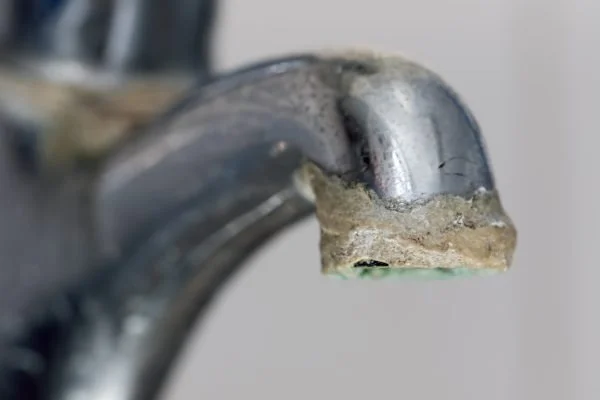
Damage to Fixtures
Taps, showerheads, and other fixtures can become clogged with limescale, reducing their effectiveness and leading to water pressure issues. The buildup can also cause unsightly stains that are difficult to remove.
Higher Energy Costs
Because limescale reduces the efficiency of water heaters and other appliances, it can lead to increased energy consumption, raising your utility bills.
How to Remove Limescale
If you're dealing with limescale in your home, there are several methods to remove it effectively:
- Vinegar and Lemon Juice
Both vinegar and lemon juice are natural acids that can help dissolve limescale. To clean kettles or coffee makers, you can fill them with a mixture of vinegar or lemon juice and water, then heat the solution and let it sit for a few hours before rinsing thoroughly. For faucets and showerheads, soak them in a vinegar solution or apply a cloth soaked in vinegar to the affected areas.
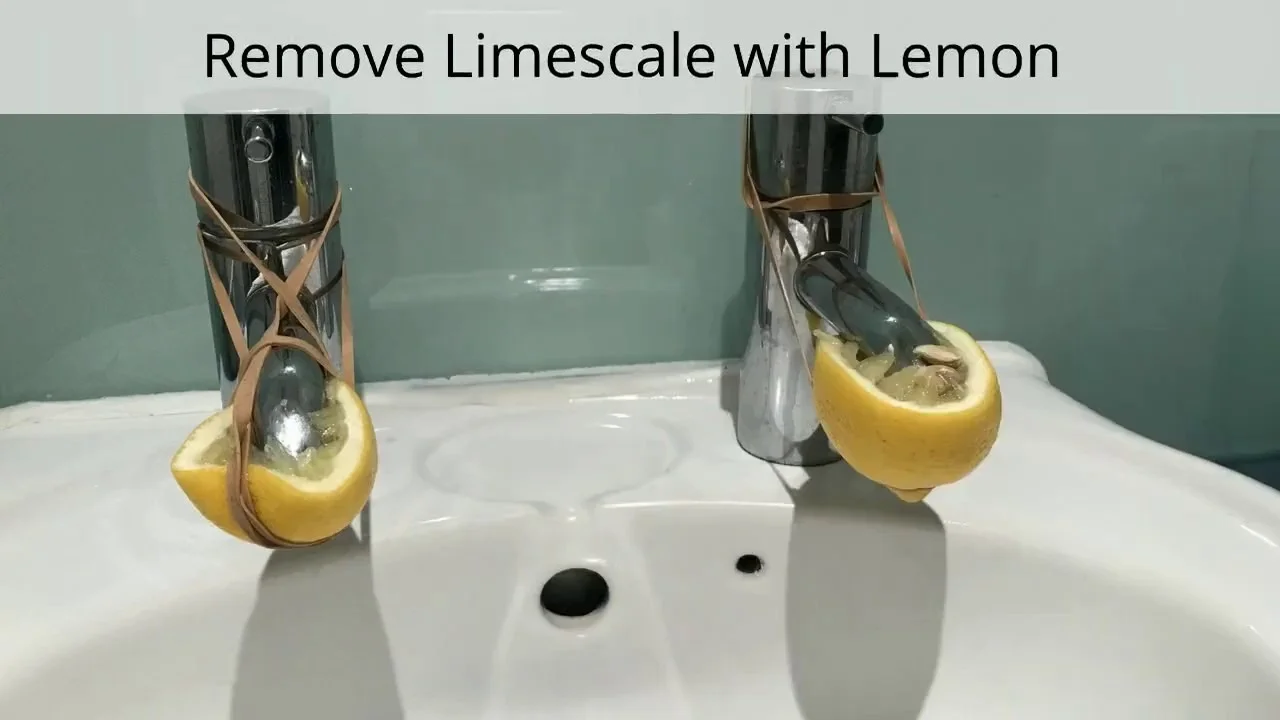
- Commercial Limescale Removers
There are many products on the market designed specifically for limescale removal. These often contain stronger acids than vinegar or lemon juice and can be more effective for tough stains and thick buildup. Always follow the manufacturer’s instructions when using these products, and wear protective gloves if necessary.
- Water Softeners
For a long-term solution, installing a water softener can help prevent limescale from forming in the first place. Water softeners work by removing the calcium and magnesium ions from the water, and replacing them with sodium ions. This prevents the minerals from precipitating out and forming limescale. Water softeners are especially useful in areas with very hard water and can extend the life of appliances and plumbing systems.
How to Prevent Limescale
The best way to deal with limescale is to prevent it from forming in the first place. Here are some strategies to help keep your home limescale-free:
- Regular Cleaning
Cleaning appliances and fixtures regularly can help prevent limescale from building up. For example, descaling your kettle or coffee maker every few months will help keep them in good working order.
- Using Water Softeners
As mentioned earlier, installing a water softener is one of the most effective ways to prevent limescale formation. If you live in an area with hard water, this investment can save you a lot of money in the long run by reducing the need for repairs and replacements.
- Using Limescale Filters
In addition to water softeners, you can install limescale filters on taps and showerheads to reduce the amount of calcium and magnesium that reaches these fixtures. These filters are easy to install and can effectively reduce limescale buildup in areas where installing a whole-home water softener isn’t feasible.
- Lowering Water Temperature
Since limescale forms more easily in hot water, lowering the temperature of your water heater can help reduce limescale buildup. This will not only prevent limescale but can also save you money on your energy bills.
Conclusion
Limescale is a common issue in homes with hard water, but it doesn't have to be a major problem. By understanding what causes limescale, how it affects your home, and how to prevent it, you can keep your appliances, plumbing, and fixtures in good condition for years to come. Whether you choose natural remedies like vinegar and lemon juice, commercial descalers, or invest in a water softener, there are plenty of ways to tackle limescale and keep your home running smoothly.
Related Articles
Role of Ammonia in Everyday Cleaning and Industrial Applications
Ammonia is a versatile and widely used chemical compound with a significant role in both everyday ...
Essential Pond Treatments for a Healthy Ecosystem
A well-maintained pond creates a stunning focal point in any landscape while providing a thriving ...
The Role of Bacteria in Pond Health
Clear, healthy pond water isn't just a matter of luck – it's the result of countless microscopic ...
Understanding The Dangers of Mixing Bleach and Ammonia
When it comes to household cleaning, bleach and ammonia are two powerful agents often used for ...
Vinegar and Ammonia: How to Safely Use These Household Cleaners
Vinegar and ammonia are two powerful and popular household cleaners used for a variety of tasks. ...
Key Factors for Healthy Pond Water Quality
Pond water quality is crucial for maintaining a healthy aquatic ecosystem that supports fish, ...

